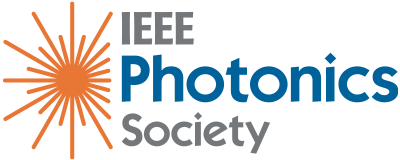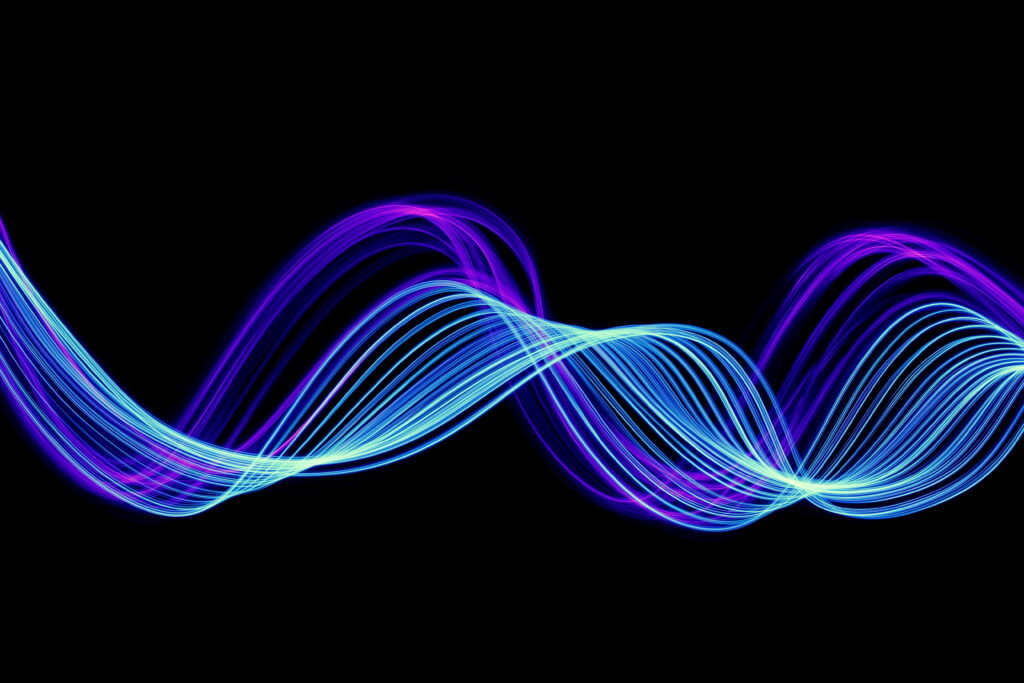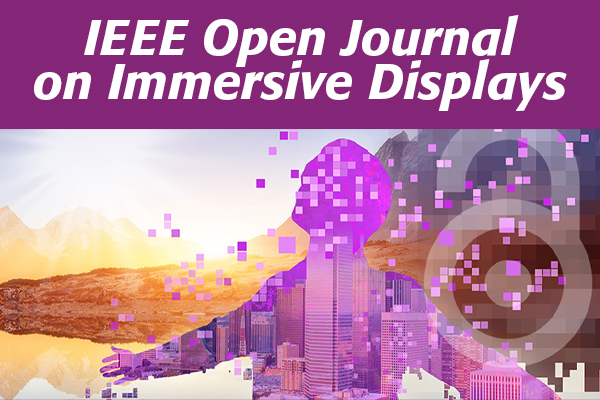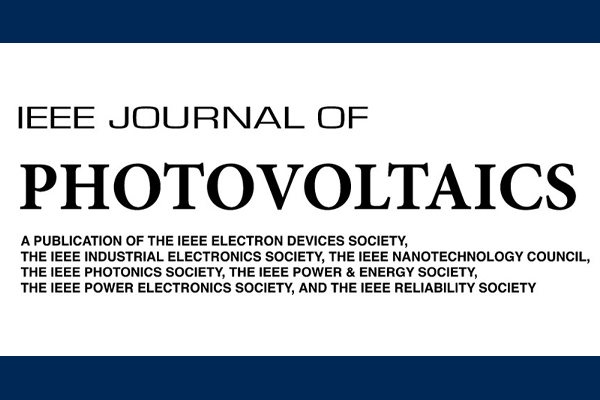In order to celebrate the outstanding achievement of the 2023 Nobel Prize Winners in Physics and Chemistry, the IEEE has pulled together a sample of the laureates’ published works related to these achievements that can be found in the IEEE Xplore Digital Library. The articles will be available free to access for a limited period of time.
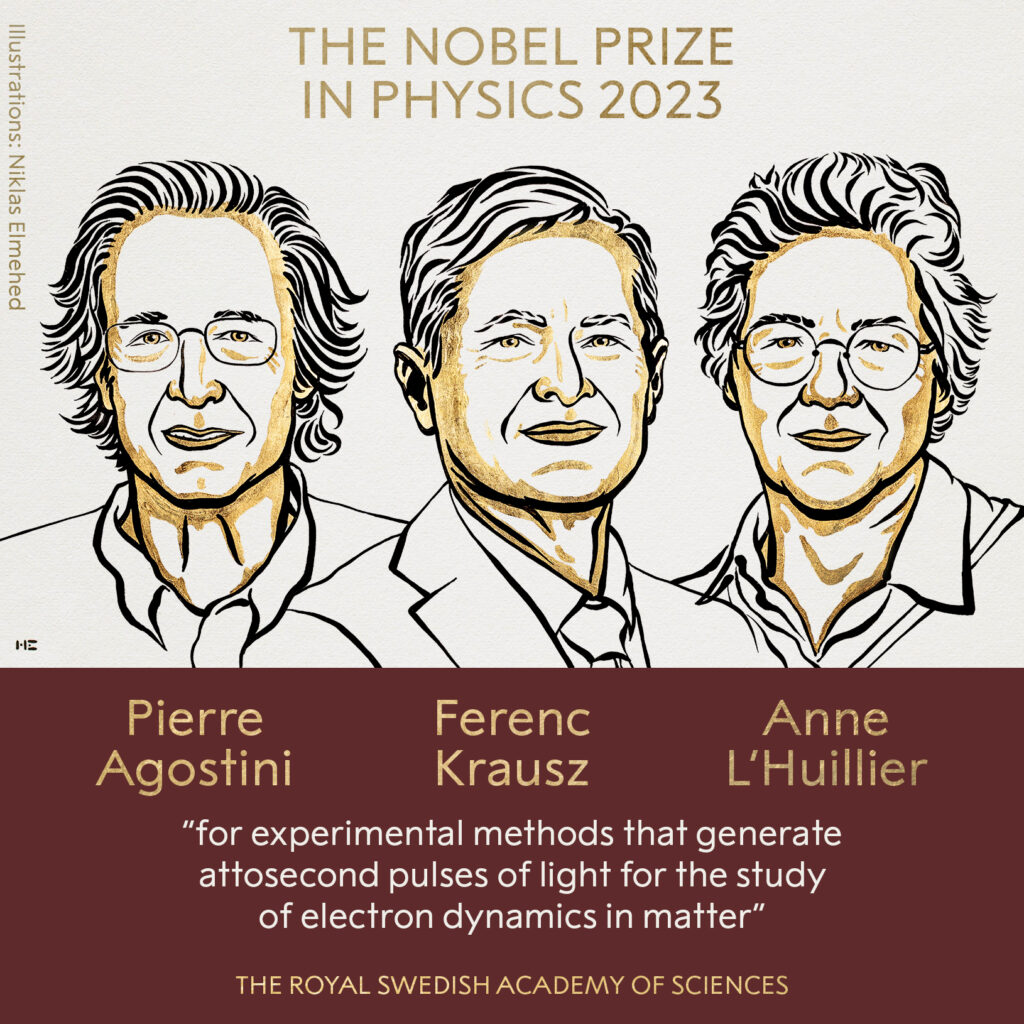
IEEE congratulates Ferenc Krausz, Pierre Agostini, and Anne L’Huillier on winning the 2023 Nobel Prize for Physics. The prize was awarded jointly to the three scientists “for experimental methods that generate attosecond pulses of light for the study of electron dynamics in matter.”
According to the announcement from the Nobel Foundation, the laureates’ contributions have “enabled the investigation of processes that are so rapid they were previously impossible to follow.” It further explains that there are “potential applications in many different areas. In electronics, for example, it is important to understand and control how electrons behave in a material. Attosecond pulses can also be used to identify different molecules, such as in medical diagnostics.”
Ferenc Krausz
Max Planck Institute of Quantum Optics, Garching, Germany
- “Attosecond-Precision Dual-Oscillator Infrared Field-Resolved Spectroscopy Employing Electro-Optic Delay Tracking,” 2021 Conference on Lasers and Electro-Optics Europe & European Quantum Electronics Conf., Munich, Germany, 2021, pp. 1-1; https://ieeexplore.ieee.org/document/9542397
- “Reconstruction of Nanoscale Near Fields by Attosecond Streaking,” in IEEE Journal of Selected Topics in Quantum Electronics, vol. 23, no. 3, pp. 77-87, May-June 2017; https://ieeexplore.ieee.org/document/7738457
Pierre Agostini
The Ohio State University, Columbus, Ohio, USA
- “High-harmonic generation in strongly driven bulk periodic solid,” CLEO/QELS: 2010 Laser Science to Photonic Applications, San Jose, CA, USA, 2010, pp. 1-2.; https://ieeexplore.ieee.org/document/5499688
- “Scaling of High-Order Harmonic Generation in the Long Wavelength Limit of a Strong Laser Field,” in IEEE Journal of Selected Topics in Quantum Electronics, vol. 18, no. 1, pp. 419-433, Jan.-Feb. 2012; https://ieeexplore.ieee.org/document/5783286
Anne L’Huillier
Lund University, Lund, Sweden
- “Hyperbolic trend in optimization of high-order harmonic generation in gases,” 2023 Conference on Lasers and Electro-Optics (CLEO), San Jose, CA, USA, 2023, pp. 1-2; https://ieeexplore.ieee.org/document/10258809
- “An Introduction to Attosecond Pulses and Attosecond Physics,” 2019 Conference on Lasers and Electro-Optics Europe & European Quantum Electronics Conference (CLEO/Europe-EQEC), Munich, Germany, 2019, pp. 1-1; https://ieeexplore.ieee.org/document/8873302
You can find many more articles related to the topics of attosecond pulses, electron dynamics and related technologies in the IEEE Xplore Digital Library.
You can also find additional articles published by the three 2023 laureates Ference Krausz, Pierre Agostini, and Anne L’Huillier in IEEE Xplore.
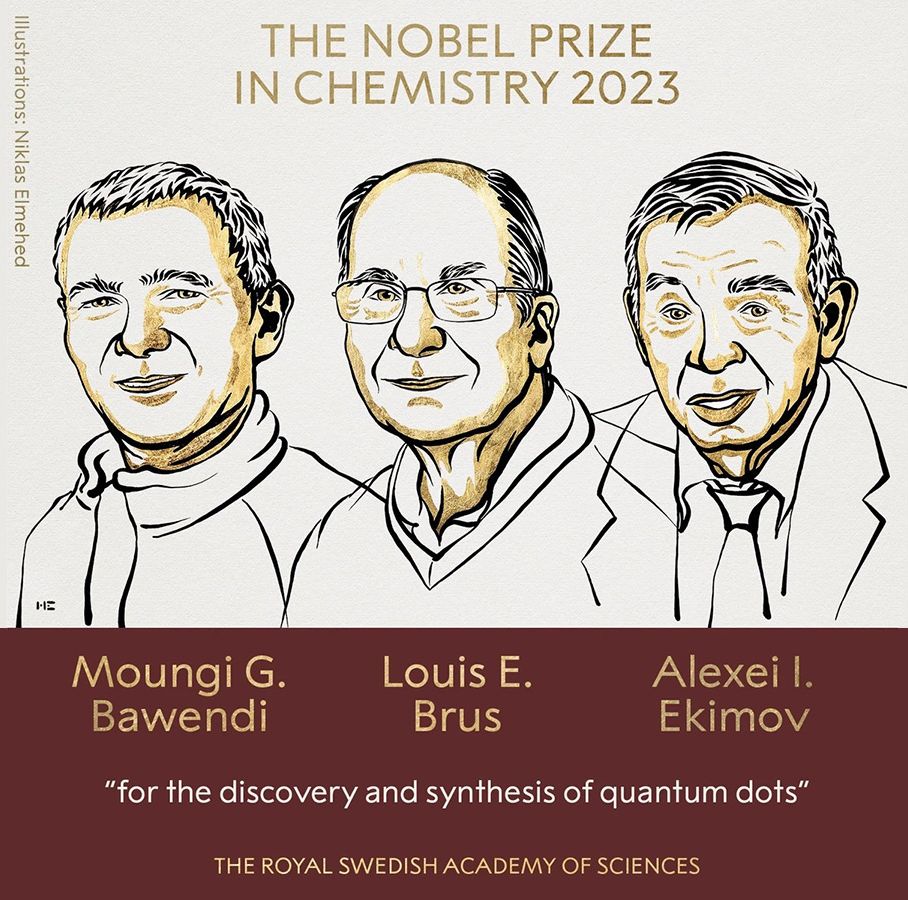
IEEE congratulates Moungi G. Bawendi, Louis E. Brus, and Alexei I. Ekimov on winning the 2023 Nobel Prize for Chemistry. The prize was awarded jointly to the three scientists “for the discovery and development of quantum dots, nanoparticles so tiny that their size determines their properties.”
According to the announcement from the Nobel Foundation, the laureates’ contributions have “succeeded in producing particles so small that their properties are determined by quantum phenomena. The particles, which are called quantum dots, are now of great importance in nanotechnology. Quantum dots now illuminate computer monitors and television screens based on QLED technology. They also add nuance to the light of some LED lamps, and biochemists and doctors use them to map biological tissue.” It further explains that “in the future they could contribute to flexible electronics, tiny sensors, thinner solar cells and encrypted quantum communication.”
- “Tunable Infrared Emission From Printed Colloidal Quantum Dot/Polymer Composite Films on Flexible Substrates,” in Journal of Display Technology, vol. 6, no. 3, pp. 90-93, March 2010; https://ieeexplore.ieee.org/document/5410226
- “Block copolymers as photonic bandgap materials,” in Journal of Lightwave Technology, vol. 17, no. 11, pp. 1963-1969, Nov. 1999; https://ieeexplore.ieee.org/document/802981
You can find many more articles related to the topics of quantum dots and related technologies in the IEEE Xplore Digital Library.
You can also find additional articles published by laureates Moungi G. Bawendi and Louis E. Brus in IEEE Xplore.
Excerpts from © 2023 IEEE Xplore news and releases.
